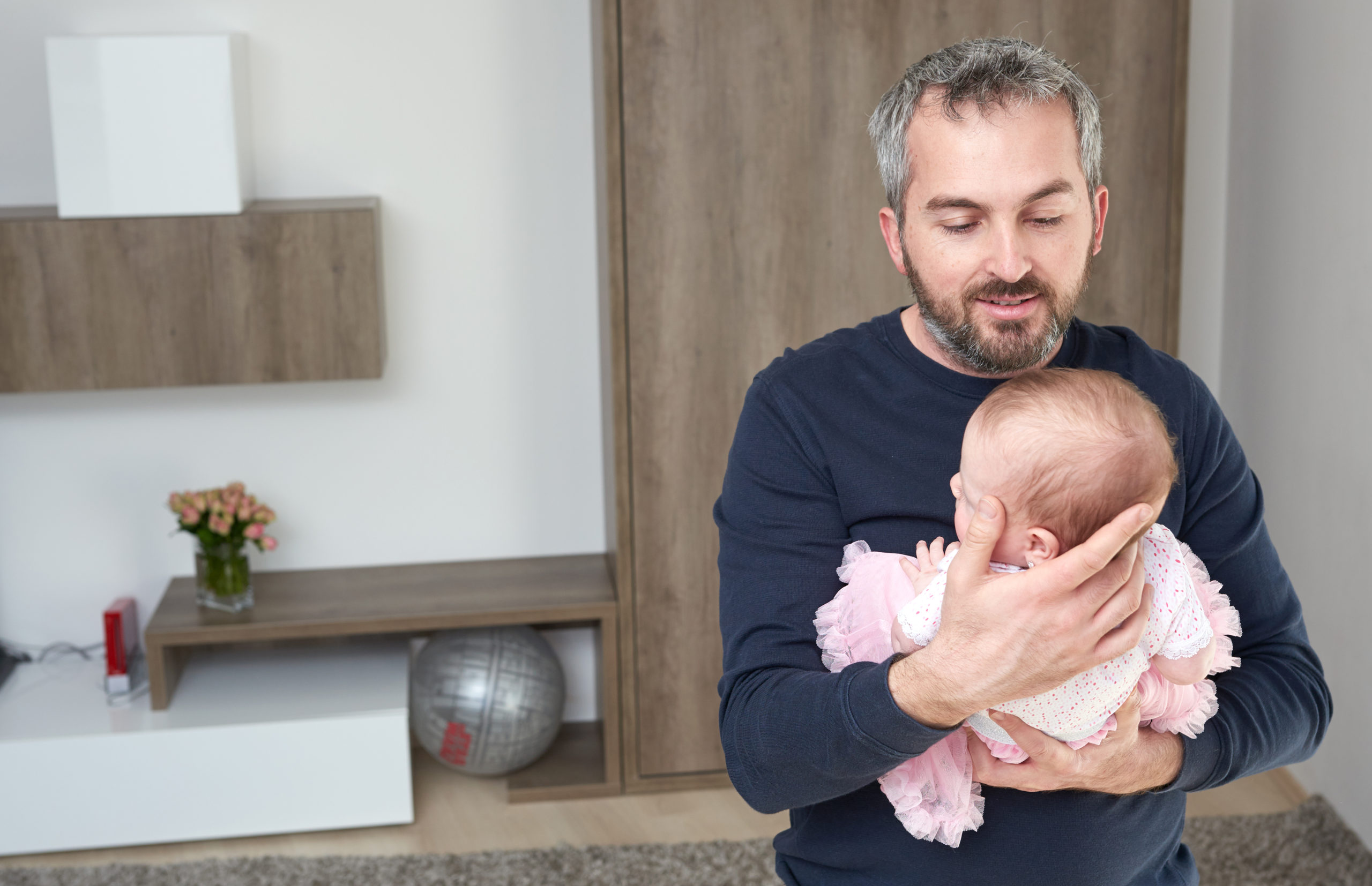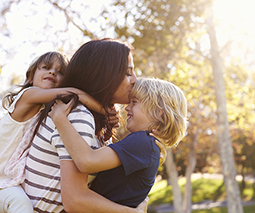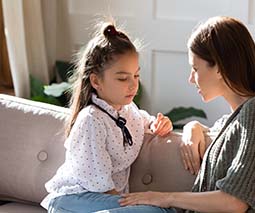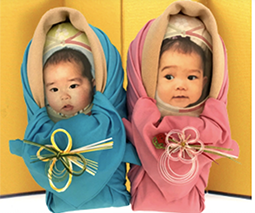Dads share on the double parenting standards that really get them riled up

The world may be rife with double standards, but for new parents the dream of equality can be far from reality.
The last three times my husband has gone out with his fellow first-time dads – to the dog park, a local café and the community pool – the group have been approached by various friendly women who have said words to the effect of, “I think it’s amazing what you boys are doing!”
While gender equality has come a long way since the suffragettes, the phenomenon of fathers receiving unsolicited pats on the back for merely taking their own kids out of the house provides a curious example of the more subtle inequalities that can still exist.
What kind of relationship imbalances can manifest for new parents – and how can you prevent these becoming problematic in your relationship?
“Different” is not a dirty word
When you consider the parenting team, individual differences are not bad things per se. In fact, varied skill sets can be a huge advantage – you build blocks and I do bath time, one person cooks while the other one cleans, one is a breastfeeding expert and the other has sublime skills with a bottle.
Beyond simply getting stuff done, and with the benefit of calm communication, different ways of tending to bub’s daily needs can also be a positive, leading to innovative solutions and helping to prevent getting stuck in a rut when things “just aren’t working”.
In any case, differences are inevitable; every parent is a beautiful and unique snowflake, after all – the problem is when these unavoidable differences lead to double standards.
Double standards can affect both parents
My husband’s dad’s group is very progressive: they even invite us mums to catch-ups.
Having met them, I’m fairly convinced they are a wonderful group of guys, so when I asked them to list some modern double standards, I trusted them to keep it real:
The example cited above is a good place to start; mums congregating at a local café with their babies are seen as “doing their job” as parents. Yet when the boys do this, they’re the fathers of the year. Winning!
1. For these dads, returning to work after childbirth has been a breeze – two weeks after bub arrived, it was business as usual, and they felt good about it because they were providing. For women, the decision is much more complicated and can be accompanied by feelings of guilt, questions of when, how, and what’s best for baby can weigh on our minds.
2. Between mum’s group, visits to the Maternal and Child Health Nurse and family, new mums arguably have easier access to a support network, while dads can feel like they’re going it alone.
3. As an extension of this, some of the dads my husband hangs out with – including my husband himself – have felt like they couldn’t talk about their problems – because us girls have it so much worse. Sadly, it seems to be less socially acceptable for men to “talk it out”, this on top of the fact they’re naturally bad at describing their feels.
4. When the boys talk, they talk about all the same stuff they did before they were parents – they share stories, discuss sport and fitness, work, weekends, politics – whatever. Sometimes it seems there is an unwritten law that we, as mothers, must only talk about our kids, lest we miss some critical piece of information that inadvertently harms them down the road.
5. The partner who spends the most time with bub will generally become an expert very quickly – thanks to a baptism of fire – so it makes sense for this person to be assertive, to be “the boss” when it comes to bub. If it’s dad taking charge, he’s seen as a leader, but when mum starts to call the shots, it can be seen as bossy, needy or selfish. (Hey, I asked the dad’s group boys to be honest!)
6. Generally speaking, a man with child is one or two points sexier than he was when he was single. Perhaps it’s social proof of eligibility, or perhaps a dad-bod is subconsciously seen as a selfless act of sacrifice (“I give my abs, to provide for my family”), but there seems to be less of a social expectation for men to get back into shape after pregnancy – even though they don’t actually get pregnant!
7. As a rule, it’s logistically easier for the non-primary-carer to do little things for themselves. My husband still manages to go work out five times a week, and is respected among his peers for keeping fit; nobody at the gym has ever asked him, “So, who’s looking after the kids?”
Admitting there’s a problem is the first step …
By definition, a double standard is any rule that is applied differently to different people (or groups). With only two people working as parents, the solution should be fairly simple – treat each other as equals. From there, it’s a matter of being honest with ourselves, and our partners, and trusting that they will respect and reciprocate this honesty.
As a parenting team, my partner and I have gotten better at identifying our needs, and having them met in a fair and equitable manner. If he takes our son to the park with the other dads, he doesn’t get special points for it, but I frequently check in with him to ensure he’s coping with fatherhood and step in when he’s not – he tells me he appreciates that.
Likewise, when I’m enjoying a massage that hubby booked me, there’s no guilt – and certainly no baby-talk – and when I get home he’s happy to let me take charge of bub’s routine and play more of a supporting role himself, which often means getting an hour on the couch to chill and catch-up on the game – now that’s a win-win.
 Need some support to be the best parent you can be? Our Parent School parent coaching experts can help. Click to find out more or book a one-on-one session.
Need some support to be the best parent you can be? Our Parent School parent coaching experts can help. Click to find out more or book a one-on-one session.









